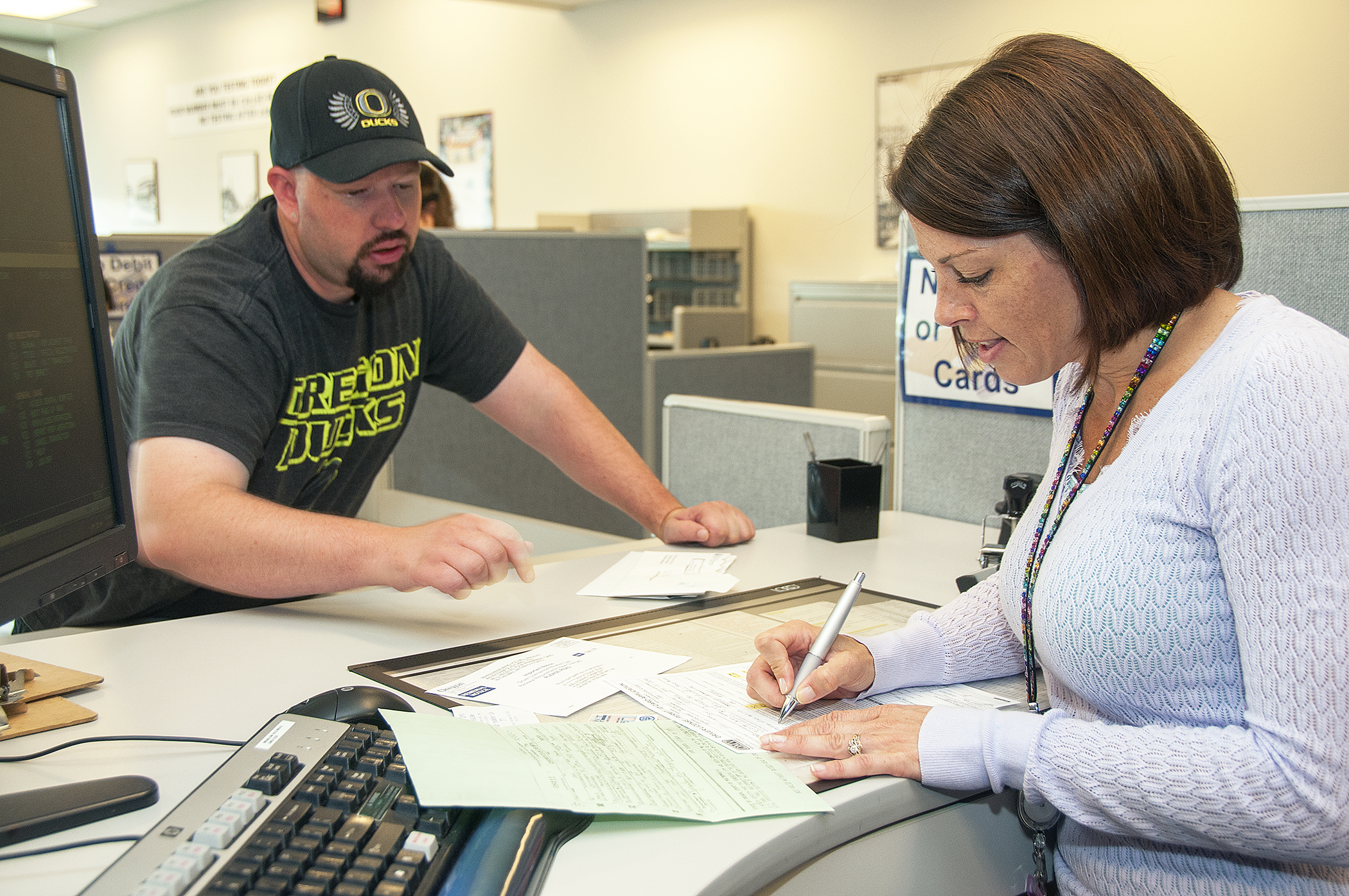Utah Escrow Officer
- Introduction to Title Insurance
- Understanding Real Estate Contracts
- Title Search and Examination
- Role of the Escrow Officer
- Settlement and Policy Issuance Process
- Legal & Ethical Aspects in Title Insurance
- Compliance with Utah State Regulations
- Escrow Officer Certification Process
Role of the Escrow Officer
Key Functions of an Escrow Officer

Provision of service to customers.
An Escrow Officer plays a pivotal role in the title insurance process. This role is multifaceted and requires a deep understanding of the real estate transaction process, excellent customer service skills, and a keen eye for detail. This article will delve into the key functions of an Escrow Officer, providing a comprehensive overview of their duties and responsibilities.
Opening, Maintaining, and Closing Escrow Accounts
One of the primary responsibilities of an Escrow Officer is to open, maintain, and close escrow accounts. When a buyer and seller agree to a real estate transaction, the Escrow Officer opens an escrow account. This account holds all the documents and funds related to the transaction until all conditions of the sale are met.
Maintaining the escrow account involves ensuring that all necessary documents are received, properly executed, and stored securely. The Escrow Officer must also accurately track and record all transactions related to the escrow account.
Once all conditions of the sale are met, the Escrow Officer then closes the escrow account. This involves disbursing funds to the appropriate parties, recording the transaction with the county recorder's office, and providing the buyer with a title insurance policy.
Handling Funds and Documents
Escrow Officers act as a neutral third party in real estate transactions. They are responsible for receiving, holding, and disbursing the funds and documents related to the sale. This includes the purchase price, loan funds, and documents such as the deed and title.
The Escrow Officer must ensure that all funds are properly accounted for and that all documents are correctly executed and recorded. This requires a high level of attention to detail and a thorough understanding of real estate law and procedures.
Ensuring Conditions of Sale are Met
Before the escrow can be closed and the funds and documents disbursed, the Escrow Officer must ensure that all conditions of the sale have been met. This may include verifying that inspections and appraisals have been completed, that the buyer's financing is in place, and that any repairs or improvements specified in the contract have been made.
The Escrow Officer must also ensure that all parties have fulfilled their contractual obligations and that all necessary documents have been signed and notarized. Only once all conditions have been met can the Escrow Officer close the escrow and complete the transaction.
In conclusion, the role of an Escrow Officer is crucial in the title insurance process. Their responsibilities extend beyond simply managing escrow accounts; they also play a key role in ensuring that the transaction proceeds smoothly and that all parties fulfill their obligations. This requires a unique combination of skills, including a deep understanding of real estate transactions, excellent organizational skills, and a commitment to providing exceptional customer service.